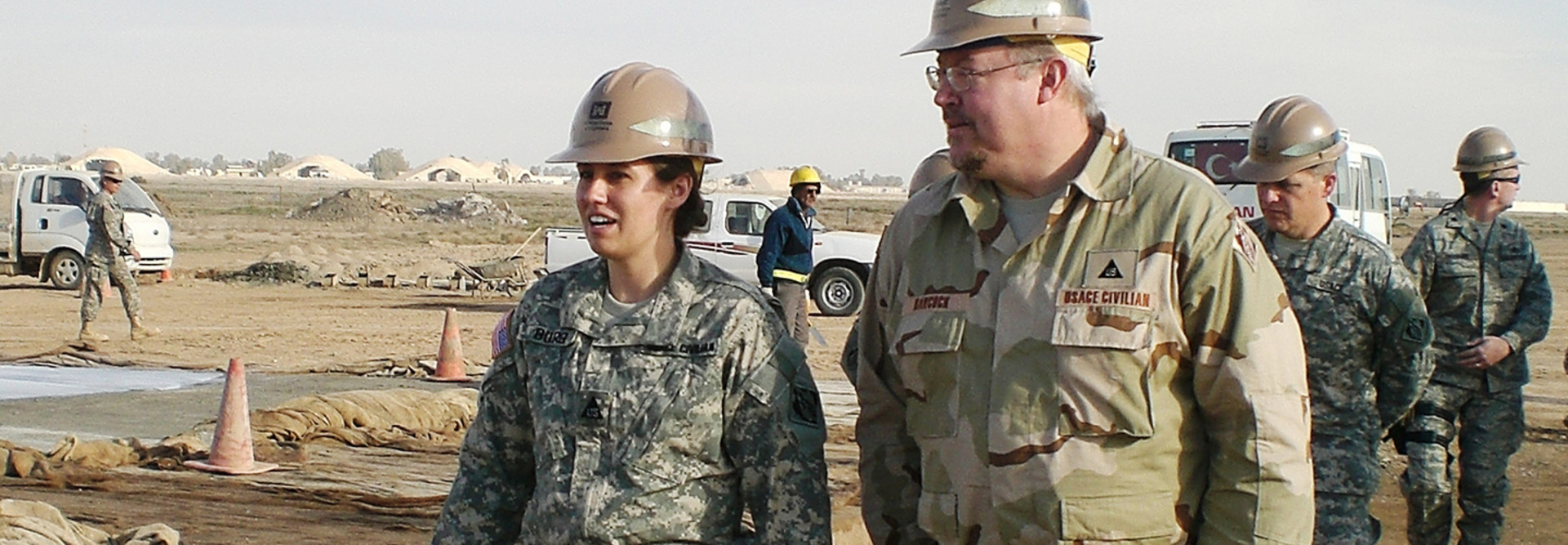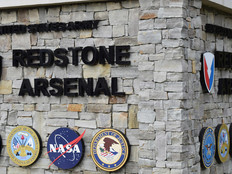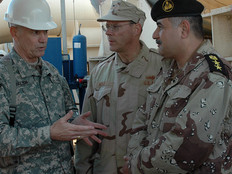Why the Army Corps of Engineers Believes in SaaS
The Army Corps of Engineers has been interested in cloud tools for several years, but amid a larger governmentwide push to accelerate commercial cloud adoption, the Corps is aiming to ramp up its adoption of cloud, and Software as a Service in particular.
As the Corps shifts to a more mobile workforce, it is increasingly turning to SaaS tools so that users can access the data they need wherever they are, whether they are on a mobile device or not.
The Corps also wants to move to a cloud-based collaboration platform that would allow users to more freely share data. SaaS tools give the Corps greater flexibility and make the command more efficient.
“We want to be highly mobile. We want to be highly relevant to what consumers experience … to understand the user experience from their desk through whatever network capability there is to the application set that resides in the cloud or resides in a local data center to make sure it’s relevant and timely to their mission needs,” Greg Garcia, the Corps’ CIO, tells Federal News Radio. “We’re focused to make sure that network provides a response that meets their mission.”
SIGN UP: Get more news from the FedTech newsletter in your inbox every two weeks!
Army Corps Wants a Secure, Mobile Future in the Cloud
The Army Corps wants to give its engineers, service members and contractors the same digital experience in the field as they do in their offices. It seeks to ensure that its applications and data are secure on mobile platforms. Garcia says that is where SaaS can be especially useful.
“This is where I’m a big proponent of Software as a Service,” Garcia tells Federal News Radio. “You can just let the vendor keep that software up to date. We’re looking toward the capability of consuming maybe a GIS (geographic information systems) software from the cloud.”
The Corps is also undertaking another SaaS initiative, which Garcia says is called the collaboration project workspace, which will allow agency personnel, contractors and other stakeholders to share data from mobile devices as well as desktops. That kind of collaboration will aid the planning of construction projects, as well as the design, construction and transition of operations, Garcia says.
Using SaaS will reduce the problems the Corps might face if it used a legacy system for such tasks. Garcia tells Federal News Radio the workspace project is designed to ensure that data shared by the Corps and its partners is securely reviewed, adjusted and then returned to the shared system.
“I believe it will speed up the ability to do construction, have more integrity in the changes that are made and really be a better product for everybody around,” he says.









